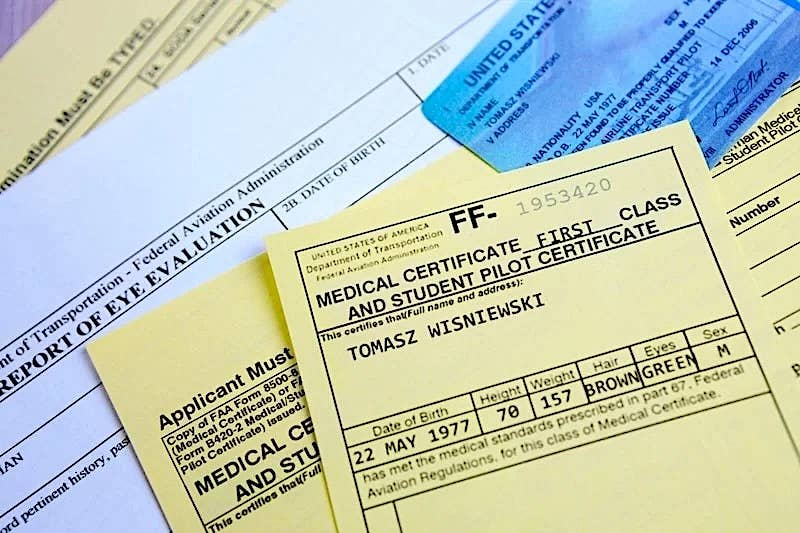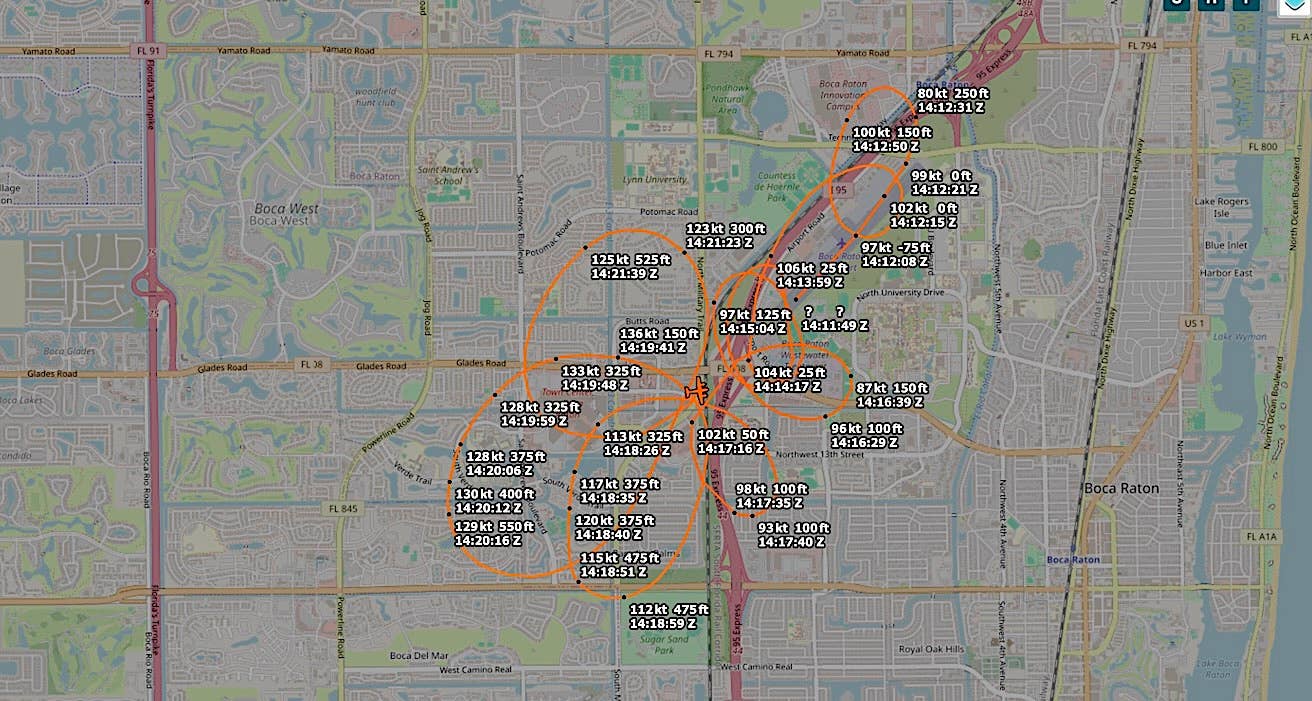FAA Seeks AirVenture Pilot Volunteers For Cognitive Testing
Pilots attending EAA AirVenture 2024 in Oshkosh, Wisconsin, could offset some of their expenses by participating in a paid FAA research study. The agency is offering prepaid gift cards valued…

Pilots attending EAA AirVenture 2024 in Oshkosh, Wisconsin, could offset some of their expenses by participating in a paid FAA research study. The agency is offering prepaid gift cards valued at between $300 and $500, depending on current medical privileges at the time of the study. Participants must have logged flight or simulator time within the previous six months.
This year, the FAA is looking for 160 pilots with Class III medical certificates who are at least 25 years old. Fourteen pilots with Class II or Class I certificates who are 60+ years old are also required.
The FAA Institutional Review Board-approved testing will take about four hours. It involves two computerized cognitive tests for working memory, attention, mental rotation and multitasking performance.
According to the FAA, “The purpose of this study is to obtain pilot normative data for these computerized tests. The FAA uses these tests to help recertify pilots for flying following a medical event [e.g., stroke, head injury, certain medication]. The results of this study will help ensure that aeromedical decision-making is based on the most current scientific data and will contribute to the safety of the national airspace system.” If interested, click here for more information and to schedule.






